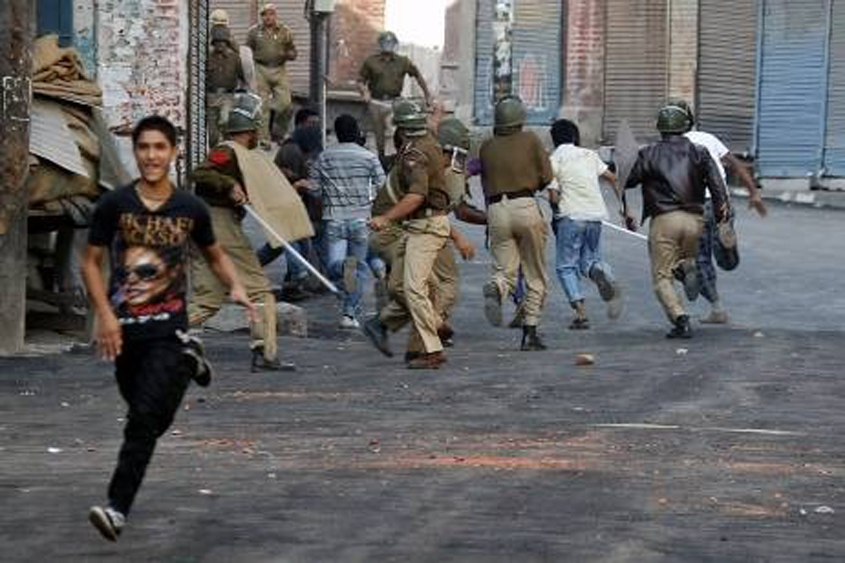The Jammu and Kashmir government’s decision to block 22 social media websites has led to widespread anger among travel agents, the business community and students. The sites were blocked to “cool the streets of Kashmir” as the students had been inciting protests online.
The business community, already facing major losses in their commercial activities, fear the internet ban will further affect their business prospects and there would be greater losses. “The government is discouraging tourism to Kashmir with the latest ban on internet services. There is no hope of a tourist season in 2017,” said Abdul Ahad, a leading travel agent and owner of houseboats in the Dal Lake.
The government on Wednesday banned Facebook, Twitter, WhatsApp, QQ, We Chat, Qzone, Tumbir, Google+, Baidu, Skype, Viber, Line, Snapchat, Pinterest, Telegram, Reddit, Snapfish, You Tube (upload), Vine, Xanga, Buzznet and Flickr.
The research scholars of different universities in Kashmir and the students of University of Kashmir are unhappy with the latest ban.
Rumours have started floating, following the internet gag, spiralling the protests to far off villages. After the fidayeen attack in Kupwara on Thursday, hundreds of villagers marched to the Army cantonment demanding the bodies of the slain terrorists. The Army opened fire on the protesters, killing a 60-year-old villager on the spot and injuring 10 others.
Rumours followed in the sensitive border district of Kupwara that the Army has killed dozens of villagers.
On Thursday evening, rumours spread like wildfire in the sensitive Anantnag district that the historic temple of Matan has been desecrated.
The government stepped in to check the panic and dispatched the additional Deputy Commissioner of Anantnag to the spot. The officer found the “news” to be false. The government made repeated appeals through the official media to the people of Anantnag, especially the Pandit families living in south Kashmir, not to pay heed to any rumours.

